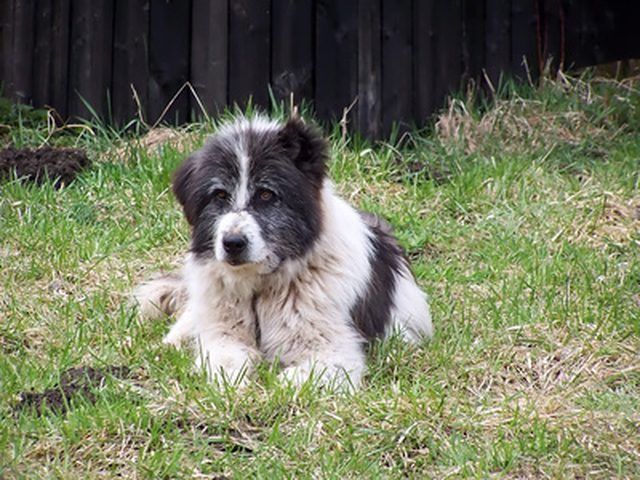Bulbs
Flower Basics
Flower Beds & Specialty Gardens
Flower Garden
Garden Furniture
Garden Gnomes
Garden Seeds
Garden Sheds
Garden Statues
Garden Tools & Supplies
Gardening Basics
Green & Organic
Groundcovers & Vines
Growing Annuals
Growing Basil
Growing Beans
Growing Berries
Growing Blueberries
Growing Cactus
Growing Corn
Growing Cotton
Growing Edibles
Growing Flowers
Growing Garlic
Growing Grapes
Growing Grass
Growing Herbs
Growing Jasmine
Growing Mint
Growing Mushrooms
Orchids
Growing Peanuts
Growing Perennials
Growing Plants
Growing Rosemary
Growing Roses
Growing Strawberries
Growing Sunflowers
Growing Thyme
Growing Tomatoes
Growing Tulips
Growing Vegetables
Herb Basics
Herb Garden
Indoor Growing
Landscaping Basics
Landscaping Patios
Landscaping Plants
Landscaping Shrubs
Landscaping Trees
Landscaping Walks & Pathways
Lawn Basics
Lawn Maintenance
Lawn Mowers
Lawn Ornaments
Lawn Planting
Lawn Tools
Outdoor Growing
Overall Landscape Planning
Pests, Weeds & Problems
Plant Basics
Rock Garden
Rose Garden
Shrubs
Soil
Specialty Gardens
Trees
Vegetable Garden
Yard Maintenance
Is Purple Fountain Grass Poisonous to Dogs?
Is Purple Fountain Grass Poisonous to Dogs?. Purple fountain grass, sometimes called red fountain grass, is known by the scientific name Pennisetum setaceum 'Rubrum'. A low-maintenance plant with few requirements, the striking foliage is a draw for many gardeners. Dogs occasionally graze on grass to calm their stomachs and gain additional...

Purple fountain grass, sometimes called red fountain grass, is known by the scientific name Pennisetum setaceum 'Rubrum'. A low-maintenance plant with few requirements, the striking foliage is a draw for many gardeners. Dogs occasionally graze on grass to calm their stomachs and gain additional nutrients, making it imperative for dog owners to maintain pet-safe plants.
Identification
Purple fountain grass is tinged reddish, copper or purple. Leaves grow 3 to 4 feet in length. The plant produces foot-long feathery flower stalks from early summer to mid fall.
Toxicity
The Pawprints and Purrs website identifies purple fountain grass as nontoxic to pets. The American Society for the Prevention of Cruelty to Animals does not list purple fountain grass among the plants hazardous to dogs.
Considerations
While purple fountain grass doesn't contain any known toxins, the addition of strange roughage to your dog's stomach can cause irritation, including vomiting and diarrhea. Additionally, some dogs develop allergies to certain plants.
Warning
If your dog has a persistent upset stomach or can't keep fluid or food down after eating purple fountain grass, speak to a veterinary medical professional.